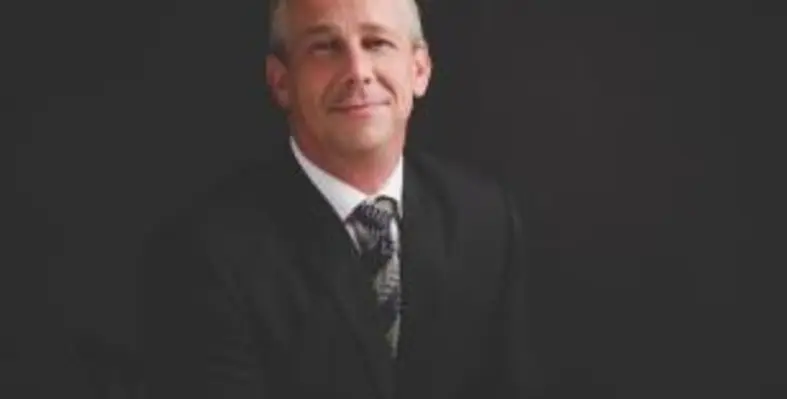Page 1 of 2African Review spoke to Panafrican Group managing director Scott McCaw about products, trends and strategic priorities for Africa
Tell us about your key markets in Africa – where do you operate and what are your main products and services there?
Panafrican Equipment Group has been doing business in Africa since its commencement in Kenya in 1997 and now operates in a number of African countries including Kenya, Tanzania, Uganda, Rwanda and Burundi in East Africa, as well as Ghana, Nigeria and Sierra Leone in West Africa. The head office and group logistics, international sales and inventory management are based in Dubai.
Our three principal premiere brand groups include Komatsu, Wirtgen (Wirtgen, Hamm, Vögele, Kleemann, Benninghoven and Ciber) and AGCO (Massey Ferguson, Valtra and Challenger). These three core brand groups are supported by aftermarket consumable, attachment and implement lines such as Hensley (GET, buckets, breakers), Pirtek (hose and fittings), Vacuworx (specialty lifting and material handling), Baldan (planters, seeders, disc plows) and Jacto (sprayers), which are designed to specifically support applications for core industries in our markets.
This product range has been selected to enable Panafrican to provide complete product solutions to the heavy mining, light and alluvial mining, civil and infrastructure, cement and aggregates, agriculture and forestry and power and energy markets. Utilising our large project-based experience from the heavy mining industry, Panafrican offers full range support for multiple industries. These range from fleet recommendations for production optimisation, application support and life of asset costing in support of project budgets and financing. This complements complete after sales support solutions ranging from technical support to full MARC contracts, parts supply, extended warranty and technical and operator training.
What trends are you seeing in the African markets at present?
Generally, East Africa is seeing more broad-based optimism, with opportunity in mining through the gold price recovery and mineral price stabilisation, civil and infrastructure funded by international agencies and buyers credit, cement and aggregates to meet the growing civil and infrastructure demand, and power and energy fuelled by the need to develop sustainable and dependable low-cost energy. Ghana is seeing a rebound off the back of gold and mineral prices, which is positive for that market, however the upcoming election will have implications (as they normally do) as the incumbent government directs focus towards re-election and the business community suspends any new activity while awaiting the outcome.
Nigeria (business) remains exceptionally low currently as a result of government revenue shortfalls due to low oil prices and production, low duty and taxation inflows due to declining business activity and importation, alongside the currency crisis. These are limiting investment and inflows by the international community pending some form of stabilisation. Sierra Leone remains low in terms of activity largely due to the lower level of mining activity and, in particular, iron ore, which was to be the catalyst for growth. Across all markets, however, there remains the key challenge of funding for projects and companies.
This is a combination of current strains on the African financial community due to the level of economic activity, lack of access to hard currency, as well as foreign investor and financial market confidence. As always, the financial community remains slightly behind the markets, so we do not expect this to change in the near future and will rely on some sustained increase in economic activity or sectoral activity over the next six to twelve months to see any real improvement. Furthermore, government taxation agencies continue to challenge the business community as governments seek to try and raise internal funding.












